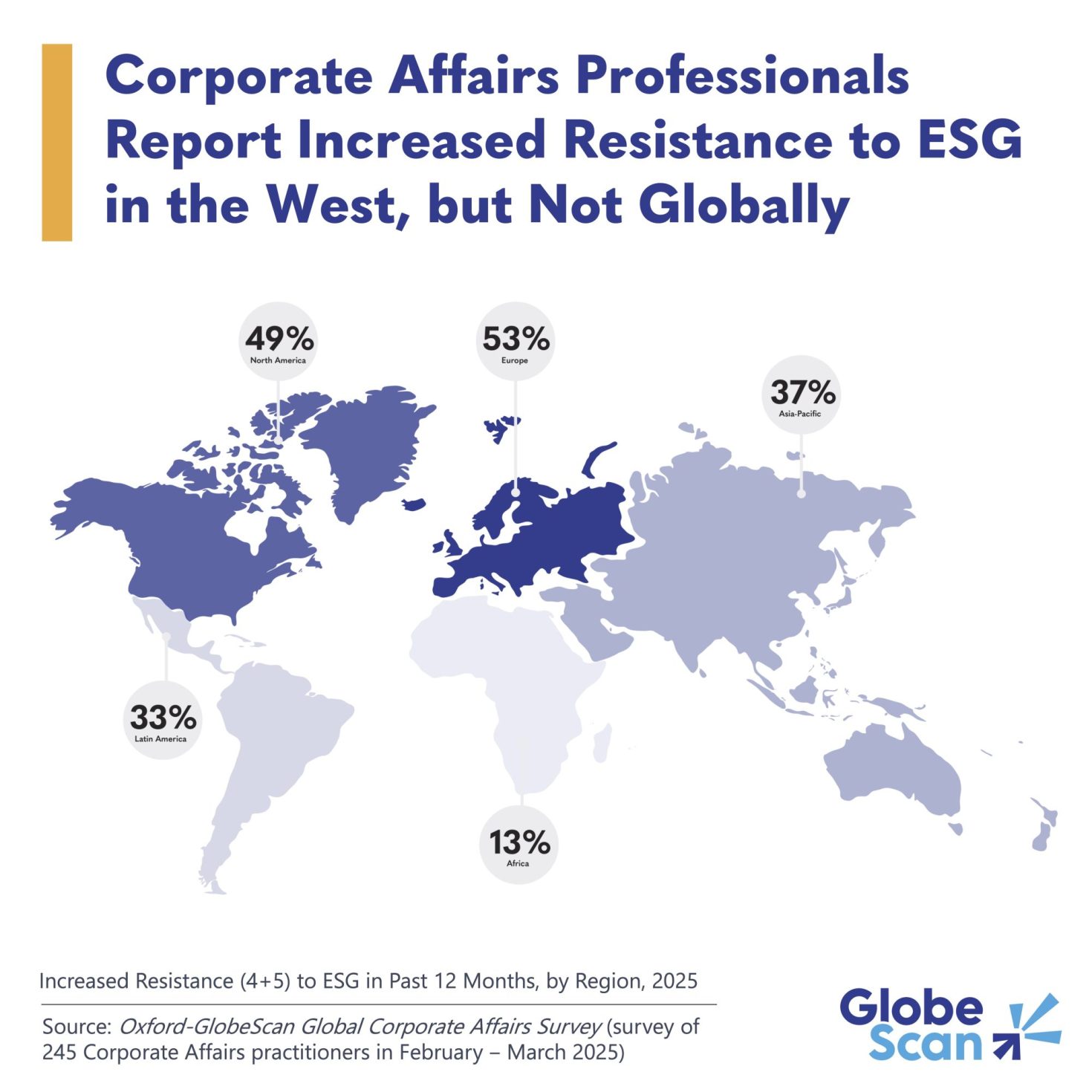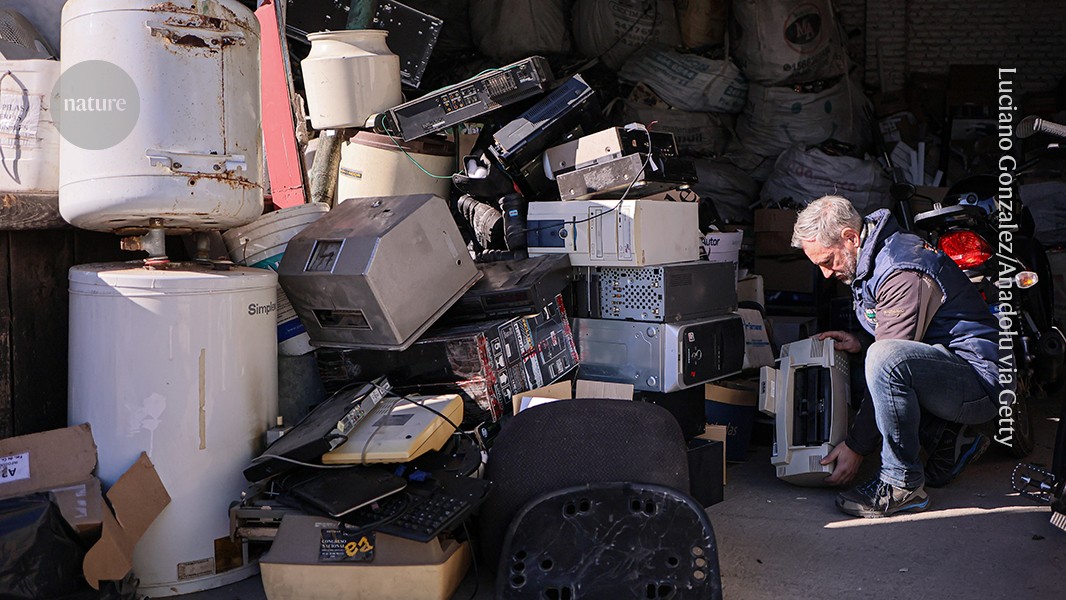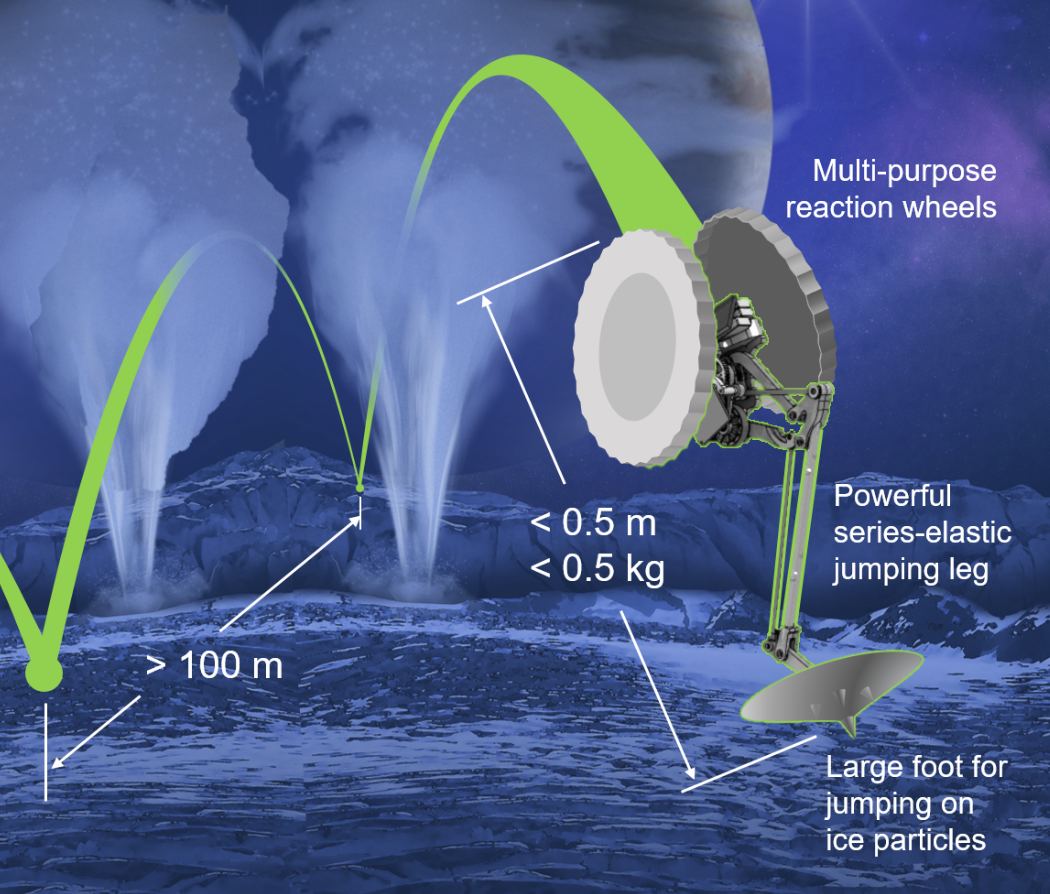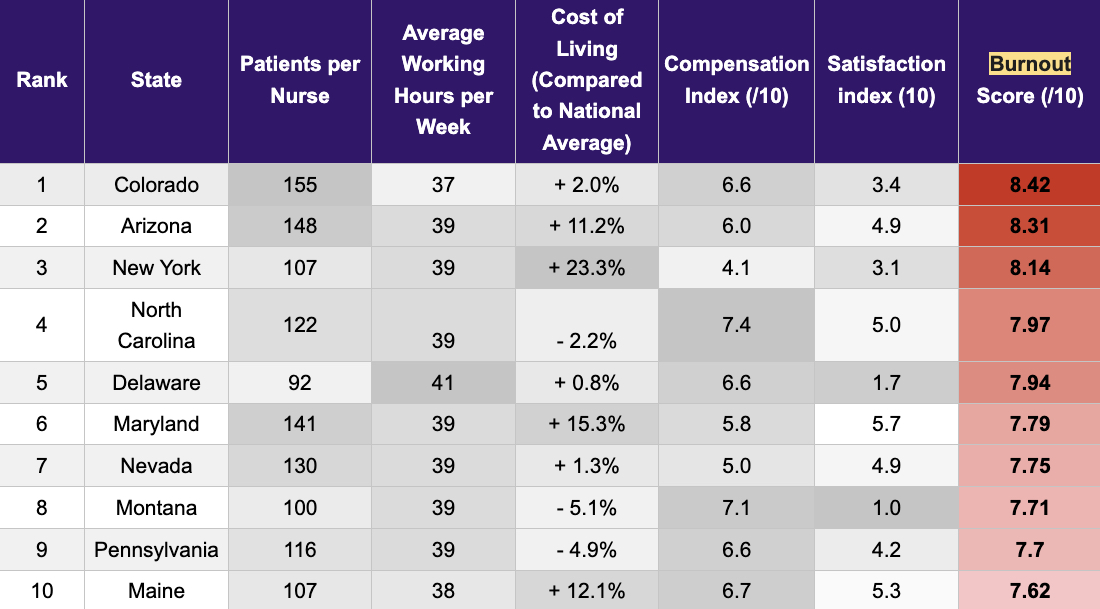What we can learn about corporate climate action from the Apple watch case
The lawsuit could discourage companies from making their environmental efforts public. The post What we can learn about corporate climate action from the Apple watch case appeared first on Trellis.

The opinions expressed here by Trellis expert contributors are their own, not those of Trellis.
Earlier this year, seven people who bought Apple’s carbon-neutral watches sued the company over the price premium they paid for these products. The lawsuit, which accuses Apple of making false and misleading claims about the watch’s green credentials, has serious issues of its own — including a misunderstanding of how carbon markets work, a disregard for established climate protocols and the implication that all offsetting is inherently ineffective.
The lawsuit also underscores a misconception about the best ways to communicate about corporate climate action. Such lawsuits could discourage companies from making their environmental efforts public, effectively punishing those taking steps forward, while letting those doing nothing off the hook.
What’s been lost amid the ongoing lawsuit is the fact that Apple designed and manufactured a carbon-neutral watch. I worry this case — and others like it — will scare companies into greenhushing their products, or not even attempting to make carbon-neutral products at all. The Environmental Defense Fund raised a similar concern in a legal brief backing Apple’s climate strategy, arguing that credible, transparent action should be supported, not punished, or we risk discouraging companies from staying ambitious in their sustainability efforts.
This need not be the case. Companies should follow Apple’s lead and speak boldly about their sustainability strategies, even amid the current political backlash against corporate climate action.
A brief history of carbon-neutral claims
Apple isn’t the first manufacturer to experience backlash linked to its carbon-neutral claims. After Germany’s Federal Court of Justice ruled Katjes, a sweets manufacturer, had misled consumers with its carbon-neutral claims, the country banned carbon neutral labels on products unless accompanied by a detailed explanation.
In 2023, Delta Air Lines faced a class-action lawsuit alleging that its marketing of the airline as “carbon neutral” was misleading. Similarly, in 2022 Danone faced legal action over green claims on its Evian water bottles. Although a series of class action claims against Danone were originally allowed to proceed, the court reversed its decision in December.
Taking companies such as Apple, Delta and Danone to court will disincentivize further action. They will likely review their “carbon-neutral” experiments, conclude they didn’t play well publicly and possibly decide against future climate action. This is already happening: Nestlé dropped its carbon-neutral pledges for KitKat and Nespresso, opting instead to focus on direct emissions cuts. In Germany, supermarket chain Rewe and drugstore chain Rossmann removed “climate neutral” labels from their products following regulatory pressure. EnergyAustralia also pulled its “Go Neutral” offset program after a greenwashing lawsuit, pivoting towards deeper internal decarbonization. These retreats send the wrong signal at a time when ambition and transparency are most needed.
Beyond legal action
We’re emerging from an initial period of experimentation in which many businesses claimed their products to be “carbon neutral” for the first time. And while it’s valuable for media organizations and other watchdogs, activists and even competitors to question the integrity of these claims, in doing so, some have made the term synonymous with greenwashing. Nuance has been lost and misunderstanding has spread.
For example, consumers might not know that, for most sectors, reducing emissions is voluntary. Companies choose to do so because it’s part of their climate strategy or they believe it’s what consumers want.
We should now be familiar enough with the term “carbon neutral” to know it means a company has cut some emissions and wants to compensate for those it cannot yet prevent. But some critics and commentators seem to think that when a company claims it’s carbon neutral, it’s implying it’s environmentally impactless.
Rather than focusing legal firepower on the relatively few companies making environmental steps, critics might achieve more impact by turning their attention to the 81 percent that haven’t even set climate targets.
Of course, it makes a better story to shout “hypocrite” than “laggard,” but doing so isn’t productive. We need consumers and media calling on companies to take climate action rather than punishing those that do.
I’m not saying all companies making efforts to reduce their emissions are perfect, nor that they do all in their power. But how much more inspiring would it be if, instead of going on the defensive, sustainability leaders honestly shared lessons learned?
Corporates, don’t give up
I recognize it’s hard for companies to know what to claim. But to overcome this challenge, the Voluntary Carbon Market Initiative, an independent non-profit launched with support from the U.K. government and leading climate philanthropies, has produced a claims code of practice to help companies accurately convey emissions reduction and compensation.
It’s also critical that we’re accurate with terminology. Some sustainability experts and climate communications specialists question whether “carbon neutral” is the most useful term. We need a phrase that shows a company’s progress toward cutting emissions such as “carbon responsible” or “climate positive.”
Next, charging a premium for a more environmentally-positive product is a mistake. Companies should make it easier, not harder, for consumers to make green choices, particularly as politicians increasingly disregard sustainability. If more people could buy greener products at reasonable prices, it would signal to companies there’s strong consumer demand, encouraging them to ramp up these initiatives and kickstarting a virtuous circle of greater investment and innovation.
While it’s tempting in the current political environment to greenhush, companies that share the tangible actions they’re taking, not just future goals, are more likely to shape environmental dialogue and demonstrate leadership. Transparency about real progress can inspire others and build trust.
Companies have a choice: Either retreat into a world of greenhushing and environmental negligence or boldly advance the sustainability agenda through action and transparency. Companies that act decisively and communicate openly might face backlash now, but will ultimately be on the right side of history.
The post What we can learn about corporate climate action from the Apple watch case appeared first on Trellis.




















































































































































